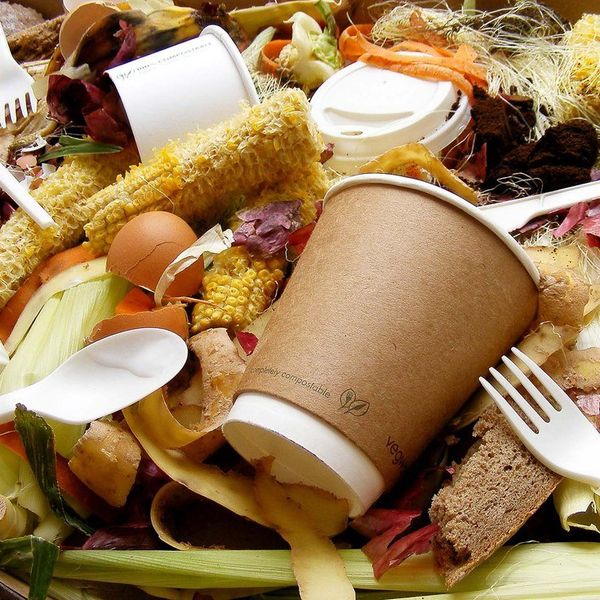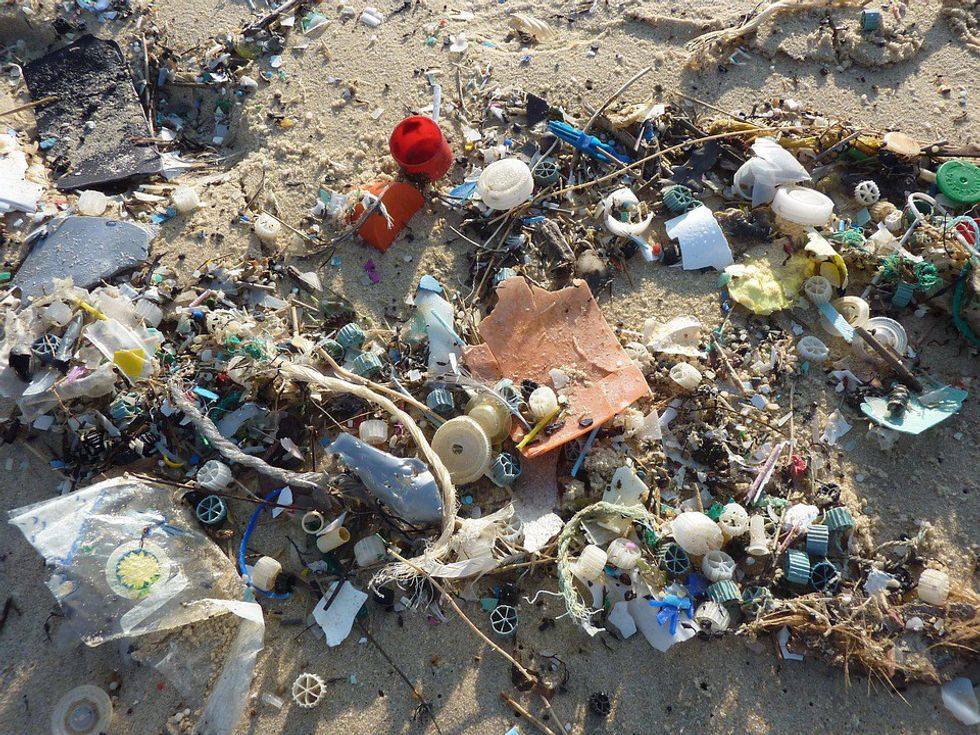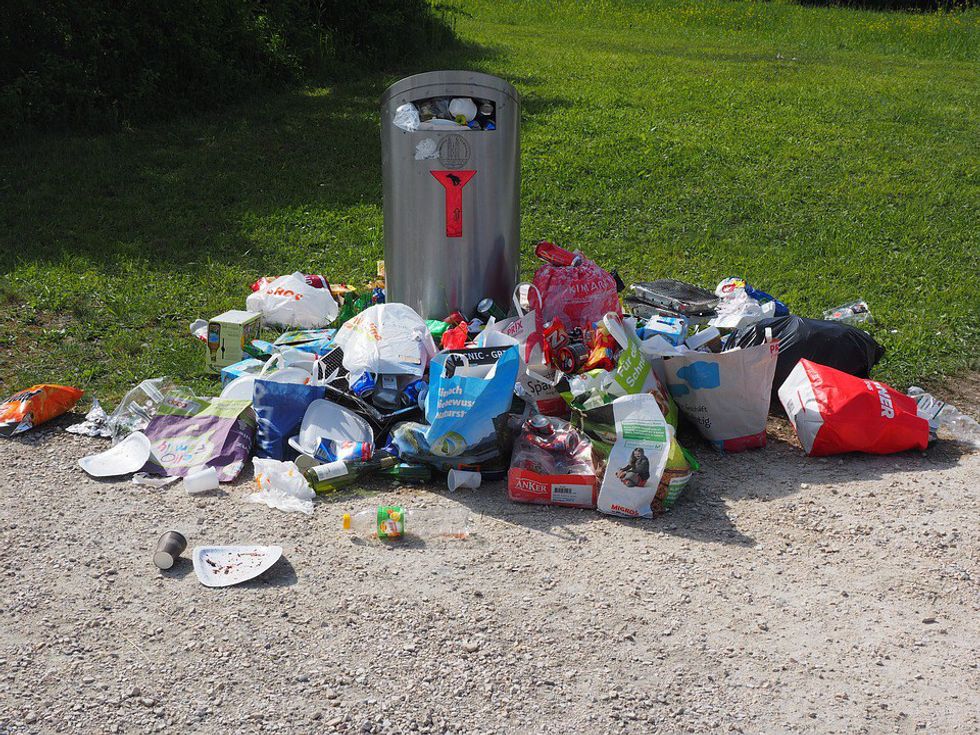The interminable life of plastic bags begins in manufacturing facilities – the birthing centers to one of the most hazardous materials known to torment the environment. Millions of bags created for 20 minutes of use rarely end up in their final and destined confines – recycling facilities. Consequently, plastic bags are everywhere and reach coast to coast of the U.S. Plastic bags are not only a nuisance to cities but also find themselves in the stomachs of land and marine animals. Once in the oceans, they pile among other hazardous materials – consequently creating garbage vortexes – one in particular, The Great Pacific Garbage Patch. Plastic bags pile up and over occupying consumer households, landfills, retail and grocery stores. Plastic bags do not stop there, they infest state parks, waterways and interstates. The everlasting and consequently cycle of plastic bags needs to be terminated and the notion to further remove plastic waste from the environment has not gone unrecognized.
Countries across the world are taking the initiative to distinguish plastic bags from their communities.1. Denmark
Denmark is one country to particularly look up to in regards to their plastic bag policies. Denmark has nobly initiated a tax on plastic bags. In 2003 the country initiated a nationwide mandate that requires retailers to tax consumers for plastic bags. The mandate serves dueling purpose – to encourage consumer to bring their own bags when shopping. The plastic bag tax thus creates an economical an environmental compromise that aims to create a more sustainable environment for Denmark and the entirety of the world – one less bag at a time. According to Big Bag Facts, since 2003 it is believed that Denmark has saved around 66% of plastic and or paper bags – supporting Denmark’s conscious move in the environmental direction.
2. Ireland
The country of Ireland is now entirely matching to its luscious, vibrant and emerald green surroundings. The Republic of Ireland made an equally green environmental move in the right direction. In March 2002, The Republic of Ireland initiated a €0.15 on plastic bags, which makes for .16 US dollars. While the government’s plastic bag tax on consumers of €0.15 may seem minuscule, in the grand scheme of plastic bags eliminated, the tax was extremely successful in encourage consumers to cut bag and or eliminate plastic bag use. According to Big Bag Facts, the plastic bag tax led to 90% of consumers using long life bags within a year. Advancing into 2007, the tax was further increased to €0.22 – .24 US dollars. The revenue made for the taxing of plastic bags is also put to equally beneficial use. The Republic of Ireland puts the money into environmental funds to further their progress to achieve in creating a more economically sustainable nation.
The environmental burdens of plastic bags do not solely bind themselves to specific nations – plastic bags are a global concern. According to the Earth Policy Institute, a trillion single-use plastic bags are used each year worldwide which makes for about 2 million plastic bags each minute. The U.S. uses also accounts for 100 billion plastic shopping bags each year. A handful of nations are taking conscious steps in the environmental direction however other nations are either at a standstill and or progressing at a trickling rate in regards to banning and or taxing for plastic bags. Diligent action continuously proves to fuel the fire of change. If the nations were to ban together to ban the plastic bag, it would make for one grand step for environmental preservation and protection.























